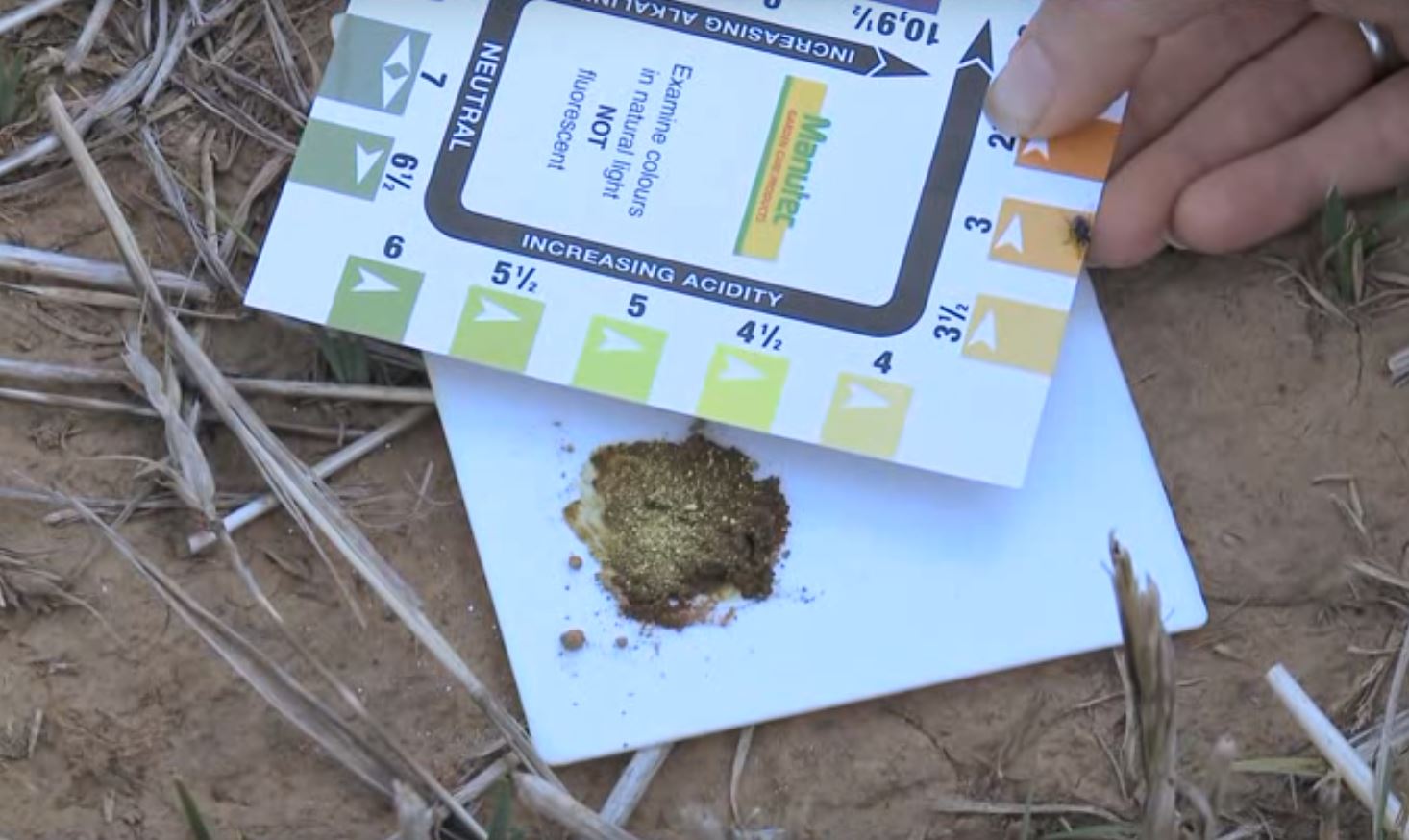Many benefits to ongoing soil testing
PRODUCTION ADVICE - FEBRUARY 2020 - AGRICULTURE
By John Fowler
Extension Agronomist
Most landholders have probably put their soil testing program ‘on hold’ until they recover from drought and low water allocations. However, soil testing is not a big expense, and an on-going soil monitoring program gives far more benefit than a one-off soil test post-drought.
The main advantage of properly conducted soil testing is the ability to monitor trends and the rate of change in your soils. For instance, it will let you know how quickly your soil is acidifying, whether your fertiliser program is adequate and if soil organic carbon levels are being maintained.
Another potential advantage of a soil test at present is that it will indicate whether you are able to have a one-off reduction in phosphorus fertiliser this season. Quite often, soil P levels rise during dry periods because low crop yields remove less phosphorus from the soil. It may be that phosphorus fertiliser use can be reduced (but not eliminated) for this season without causing a crop yield penalty. However, you need to know the P status of your soils in order to make the correct fertiliser decision.
Gaining benefit from a soil testing program

- Do it regularly - at least once every few years or once every rotation
- Take at least 20 (and preferably more) sub-samples from each paddock tested
- Sample from the same locations each time; this will help to monitor real change in soil conditions
- Sample at the same time of year
- Use the same accredited soil-testing laboratory each time
- Use the correct tool to collect the samples (i.e. a clean, stainless steel tube)
- Use new, clean buckets to collect sample. Place them in new, clean plastic bags to send for analysis. (Avoid touching the sample).
- Record and compare the results from previous years to determine long-term trends.
Interpreting soil test data
A soil monitoring program will indicate when remedial action is required to maintain optimum production. However, this presumes landholders can confidently interpret soil test data.
Landholders wanting further advice on their soil test interpretation should contact their consultants, advisors, or a member of the Agricultural Extension team at Murray Local Land Services.
We are also planning to hold a series of workshops on soil management and soil testing. Landholders interesting in getting more information about the workshops can talk to Sandy Dellwo in the Deniliquin office (mobile 0408 400 719).